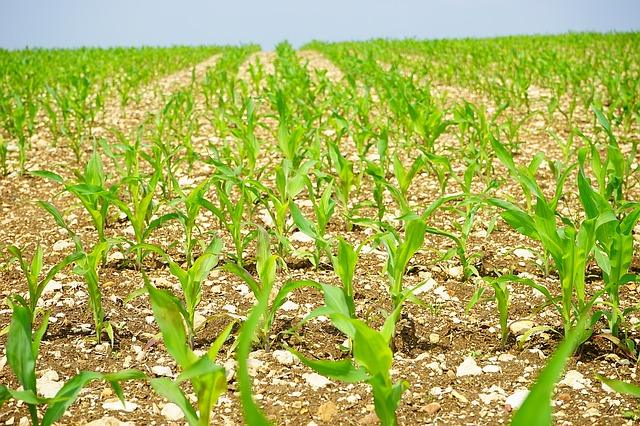An analysis of data by The Times shows that crop yields did not increase and herbicide and insecticide use did not shrink in the 20 years since GMO seeds were introduced in North America. In fact, herbicide use has increased.
“An analysis by The Times using United Nations data showed that the United States and Canada have gained no discernible advantage in yields — food per acre — when measured against Western Europe, a region with comparably modernized agricultural producers like France and Germany,” an October 29 Times article stated.
Times researchers compared data from Europe, where genetic modification was rejected, with that from Canada and the United States, where they are widely used. The data goes back 20 years and indicates that GM technology did not deliver on some of the promises that its promoters made.
In fact, herbicide use has increased by 21 percent in the U.S. while it has decreased by 36 percent in France’s, Europe’s largest agriculture producer. GMO seeds have led to a decrease of about 33 percent in insecticide and fungicide use in the U.S., but France has seen an even larger decrease — 65 percent – without using genetically modified crops.
Need Non-GMO Seeds? Get Them From A Company You Can Trust!
As the weather begins to warm, you’ll want to switch over to more heat-tolerant greens. Consider lettuce varieties such as Red Butterworth and Larissa or spinach varieties such as Tyee or Emu.
For greens that you intend to grow indoors, choose varieties that are suited to an indoor environment such as Tom Thumb
“Currently available G.M. crops would not lead to major yield gains in Europe,” Matin Qaim, a researcher at Georg-August University in Gottingen, Germany, told The Times. “I don’t consider this to be the miracle type of technology that we couldn’t live without.”
David Bellinger, a professor at the Harvard University School of Public Health, has been highly critical of America’s use of pesticides.
“These chemicals are largely unknown,” Bellinger told The Times. “We do natural experiments on a population, and wait until it shows up as bad.”
Monsanto said The Times had cherry-picked data.
“Every farmer is a smart businessperson, and a farmer is not going to pay for a technology if they don’t think it provides a major benefit,” Monsanto’s Robert T. Fraley told the newspaper. “Biotech tools have clearly driven yield increases enormously.”
Do you support the use of GMO seeds? Share your thoughts in the section below:
Every Year, Gardeners Make This Stupid Mistake — But You Don’t Have To. Read More Here.
